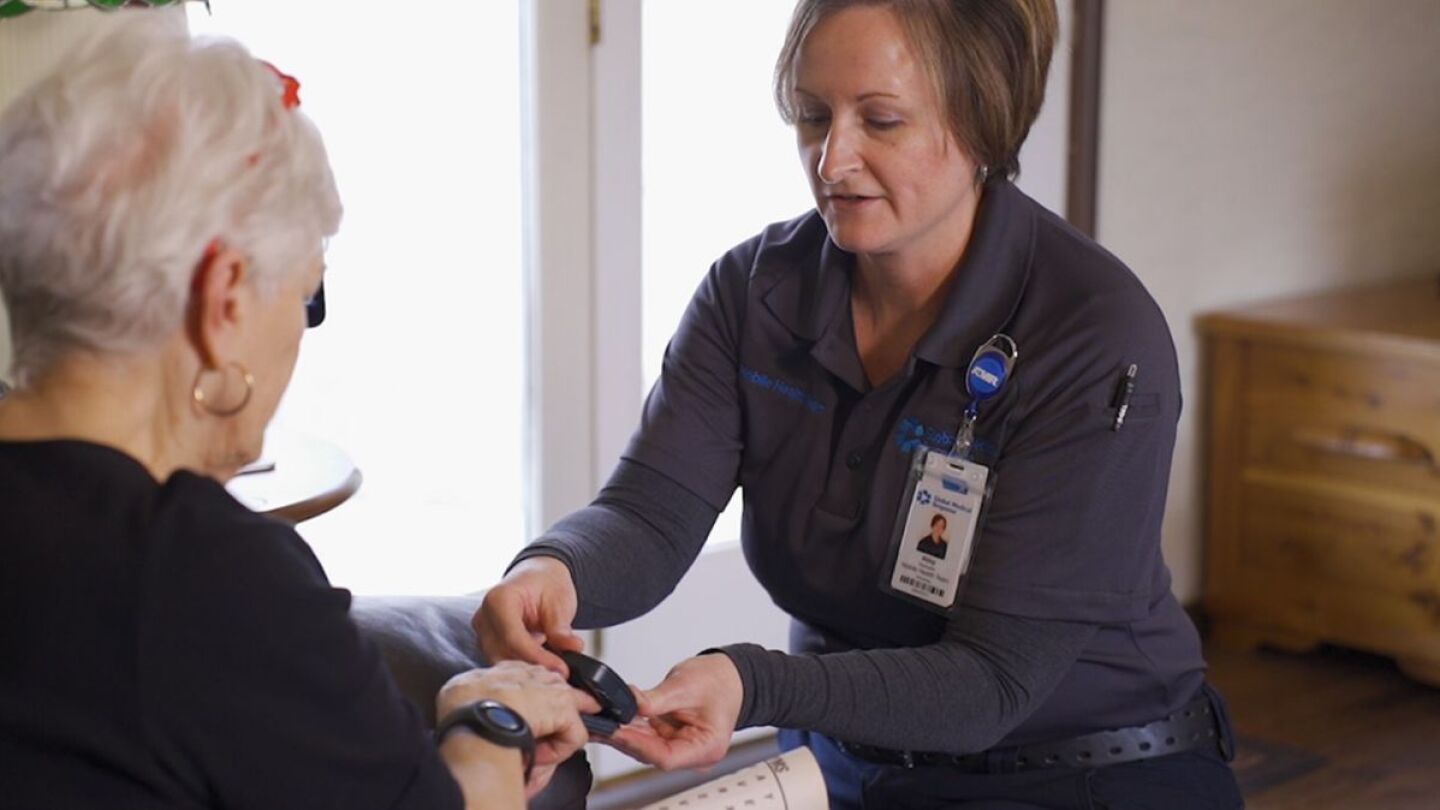SA���ʴ�ý Topic Directory
Navigate through the topics section of SA���ʴ�ý, your hub for specialized coverage on key issues and major news in the EMS field.
If you’d like to share your story with the SA���ʴ�ý community, please review our submission guidelines and email editor@ems1.com.
We learn so much from the actions of others, even simply knowing that others have been through similar experiences. Share your dramatic rescues, touch-and-go moments with patients, the humanity of brothers and sisters helping each other after natural disasters – any moment you consider truly unforgettable.
Photo credit: American Ambulance Association
On September 11, 2001, terrorists used hijacked airplanes as weapons to attack the United States. Two planes hit the World Trade Center towers in New York City. One plane flew into the side of the Pentagon. A fourth plane crashed in a Pennsylvania field after passengers stormed the cockpit. Nearly 3,000 people died in the attack.
In the aftermath, thousands of first responders converged on the sites of destruction, climbing through mountains of smoking debris and rubble in a race to find survivors. Ultimately, 8 EMS providers and 343 firefighters died that day and countless more have succumbed to 9/11-related illnesses from their time working at Ground Zero.
Read the stories of survivors, as well as how lessons learned are impacting the way first responders of today train and respond to incidents. To share your 9/11 story, email editor@ems1.com.





























